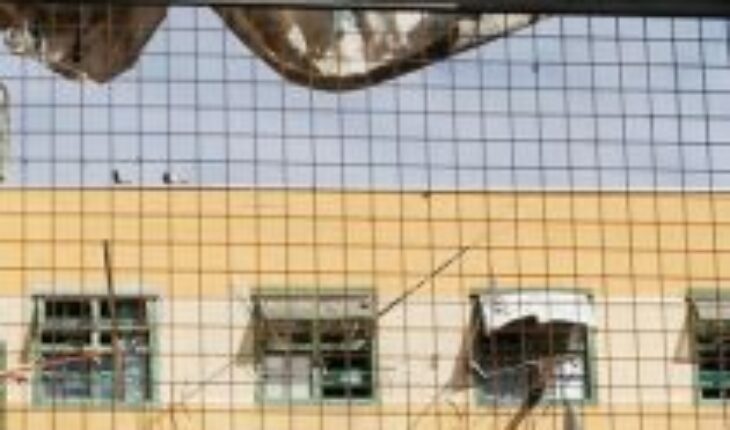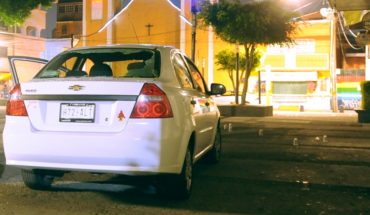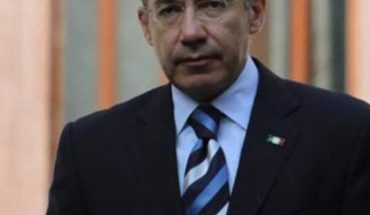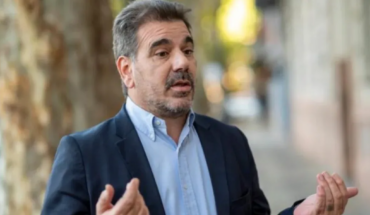The deputies of the UDI, Felipe Donoso, Cristhian Moreira and Álvaro Carter announced that they will present a Constitutional Reform to take away the right to vote from people deprived of liberty, ad portas of a crucial election.
In total there will be 1,029 people deprived of liberty who will be able to vote in the Exit Plebiscite on September 4 and who will do so in 14 penitentiary establishments, located throughout the country, after the Servel ratified that those who are deprived of liberty will be able to exercise their right by fulfilling certain requirements.
In the opinion of Deputy Donoso, “it is incomprehensible that the Servel by virtue of a judicial order issued by the Supreme Court has to go out to look for the people deprived of liberty in the different penitentiary enclosures to register them in the electoral registry and so that they then have the possibility of voting in the plebiscite of September 4.”
“This is done for the first time and we believe that it is unhealthy for Democracy, people deprived of liberty for different reasons, are people who have seriously violated our institutions, and they do not often agree on how democratic transit is carried out,” argued the parliamentarian representing the Maule Region, through a statement.
It should be recalled that last year the Supreme Court issued a ruling ordering the suffrage of 147 prisoners from Colina II, who were entitled to vote.
The unionist parliamentarian added in the letter that “installing an urn inside a prison implies that we have to have sufficient transparency of the electoral process.” Donoso asks: “Can we then freely enter a prison the representatives of the table, the presidents and electoral delegates, is it safe to keep a ballot box inside a prison?”
Specifically, said the UDI deputy, “we believe that it is not very transparent, unsafe and therefore we must change that, through a Constitutional Reform that what it does is deprive the right of only to vote to people deprived of liberty by a judicial order, this implies that all those people who for some reason are undergoing a process will lose the right to vote temporarily, recovering it once they are free.”
And he added: “This thus exempts the constitutional duty to dispose of the Servel the tables in the penitentiary enclosures, because it is very unfair that today we install tables in the prisons, and not for example in the hospitals, in the mining sites, or people who are working in the state of emergency in the Araucanía, who are displaced from their places, then because to occupy all our electoral capacity so that they vote that inmates who have seriously violated our rule of law.”
Deputy Cristhian Moreira said that the initiative they will enter goes in the direction of not taking time away from the Servel to worry about people who are in prison. For the same, the UDI legislator added that “I want to remind you that in the constitutional draft you want to give the vote to people who have a greater penalty, which is the afflictive of 5 years and one day.”
“We have to give a signal against crime and not worry about whether or not the prisoners who are in the different prisons of the country vote,” Moreira said. And he said: “I think it’s the last straw, people don’t want these kinds of signs, because here there are privileges for those who have committed this type of crime.”
Finally, Deputy Álvaro Carter said that “this constitutional reform project seeks to give a signal to the country, we cannot allow people who have harmed others and committed crimes to have the right to vote, unlike what happens with people who work in mining operations, in hospitals, carabineros or military can not vote. Citizens expect the people who vote and the political world to act correctly and precisely this project is on that path.”
According to the law, a person sentenced to a sentence of less than 3 years and 1 day, nor is accused of a crime that deserves the previous afflictive penalty or for a crime related to terrorism, can pay on September 4. In addition, they must make the change of electoral address in the Servel, informing the prison in which they currently reside. Those who meet the two previous requirements will be registered in polling stations inside the prison, but only if there are at least 30 people Registered.
Follow us on





